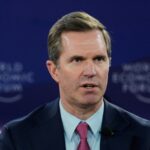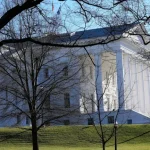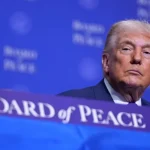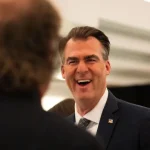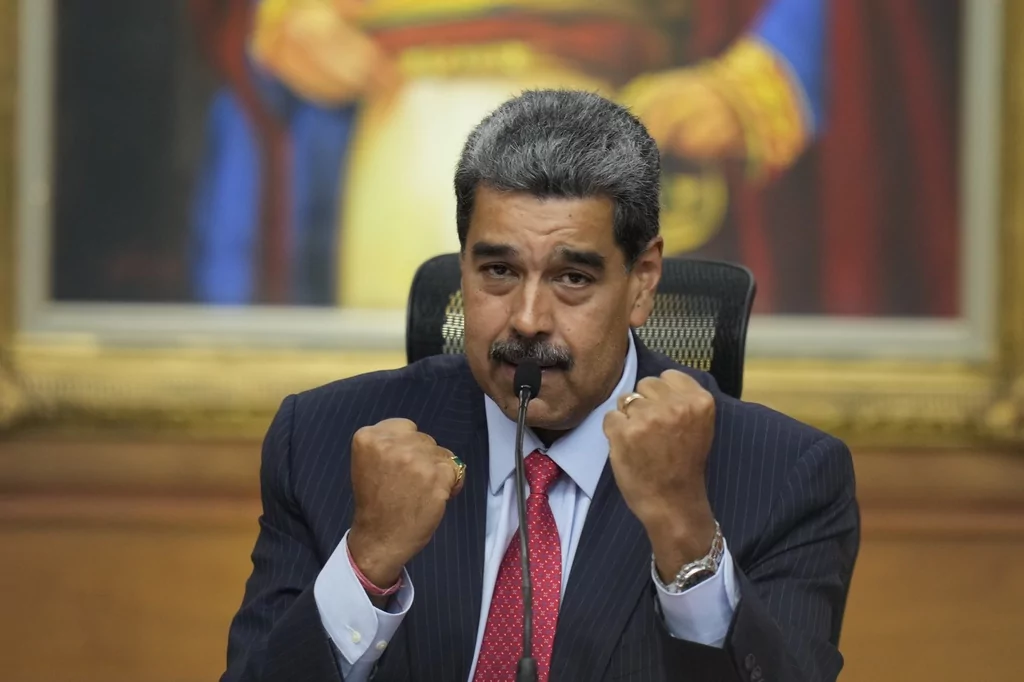

Venezuela’s Nicolas Maduro, who may or may not legally be the country’s president, and Russian President Vladimir Putin came to terms on Thursday to strengthen their alliance. Considered two of the world’s most authoritarian rulers, Putin and Maduro forged a pact to solidify intelligence-gathering and counter-espionage efforts.
Additionally, Venezuela and Russia came to an energy cooperation agreement.
Maduro and Delcy Rodriguez, the country’s vice president, met with Dmitry Chernyshenko, the deputy prime minister of Russia, in Caracas, Venezuela, to finalize the agreement’s details. Chernyshenko pledged his country’s support in helping Venezuela develop its armed forces and military weapons with “the most sophisticated weapons and military equipment,” according to reports. This would include bilateral efforts in developing new drones and “petroleum exploration technologies.”
“We reaffirm our readiness to develop strategic partnership in the military-technical sphere and fully meet the needs of the Venezuelan Armed Forces for joint weapons and Russian-made military equipment to ensure the country’s security,” Chernyshenko said.
The agreement signed on Thursday is set to last until 2030. However, both Venezuela and Russia expressed their desire to have their alliance last well beyond that year.
“My main feeling… is contentment by the work that has been done,” Maduro said. “Congratulations on the achievements that have been made. The agreements that were signed consolidate our path of unity and cooperation until 2030 and beyond.”
“We are contemplating [cooperation] not just until 2030, but also for the two decades that will follow,” Venezuela’s president added.
“Russia and Venezuela remain strategic partners for each other,” Chernyshenko said about the Russian and Venezuelan partnership.
Maduro and Venezuela have been mired in controversy since the country’s presidential election in July. It is widely believed that Maduro lost the contest against opposition candidate Edmundo Gonzalez. Both candidates declared victory. However, Venezuela’s National Electoral Council believed to be a political ally of the Maduro regime, declared him the winner, claiming he received 51% of the vote. The NEC has yet to provide proof of Maduro’s victory, whereas the opposition party showed voter tallies suggesting that Gonzalez should have been the rightful winner.
Russia is one of the few countries in the world that has supported Maduro’s claim to victory. Much of the international community has condemned the election results, including the United States. In September, the U.S. Treasury Department implemented measures against members of Venezuela’s National Electoral Council and Supreme Tribunal of Justice who were believed to have interfered with the election and ignored requests to release results.
CLICK HERE TO READ MORE FROM THE WASHINGTON EXAMINER
“Today, the United States is taking decisive action against Maduro and his representatives for their repression of the Venezuelan people and denial of their citizens’ rights to a free and fair election,” Treasury Deputy Secretary Wally Adeyemo said at the time.
“The Treasury Department is targeting key officials involved in Maduro’s fraudulent and illegitimate claims of victory and his brutal crackdown on free expression following the election as the overwhelming majority of Venezuelans call for change,” he added. “The Biden-Harris administration will continue to use our tools to hold Maduro and his cronies accountable and support the democratic aspirations of the Venezuelan people.”



